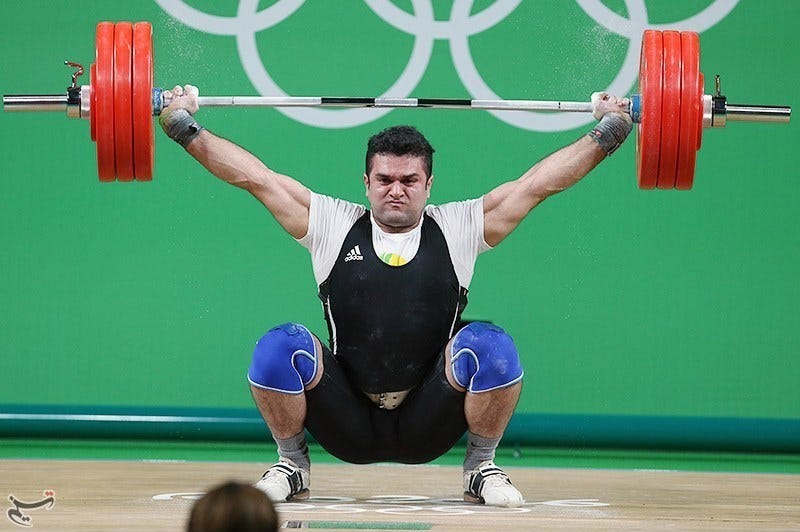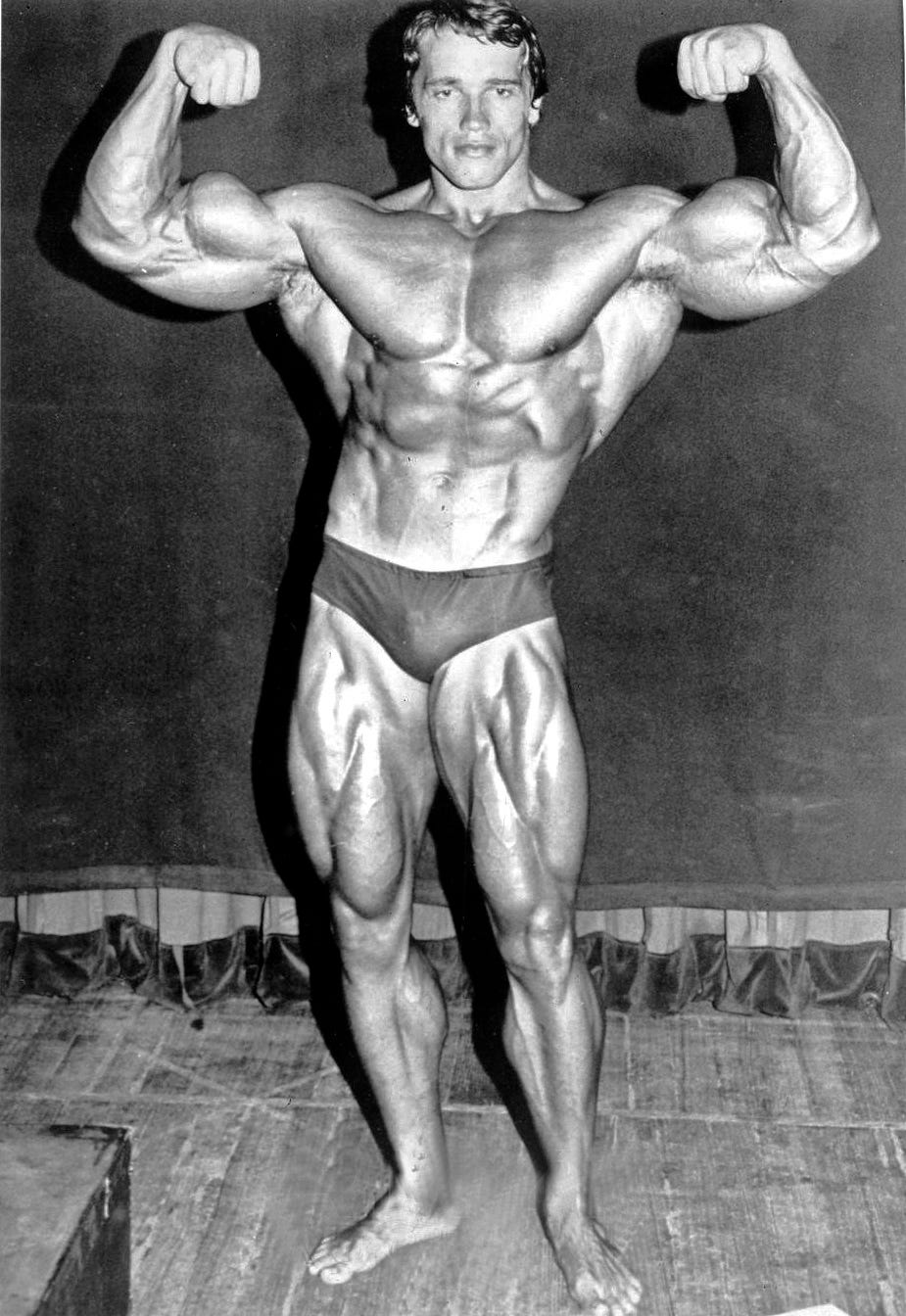Ranking the Strength Sports for Longevity
Who's Primed to Live Longest? Bodybuilders, Strongmen, or Powerlifters?
The Highlander helps strength athletes and enthusiasts live stronger for longer. Join fellow Highlanders on our journey:
Ranking the Four Major Strength Sports
Competing at any sport demands extremes.
When you compete, you push yourself harder and farther than the casual player. Pushing harder and farther means you can achieve higher heights than the casual participant, but it also means you expose yourself to injury and excess that might hamper longevity. Especially in the strength sports.
I’ve trained in all of the major strength sports: Bodybuilding, Olympic Lifting, Strongman, and Powerlifting. I will have competed in three of the four as of next month. My experiences in those sports tell me that the extremes demanded by each are relatively more or less conducive to staying stronger for longer.
Ever wonder which strength sports are better for longevity and which are worse?
I ranked each sport on nine criteria: absolute strength, functional strength, power, hypertrophy, diet, cardio, joint stress, injury risk, and flexibility/mobility.
To see which strength sport wins the gold for longevity, read on.
4th Place: Strongman
Strongman is my favorite strength sport. I spent most of my strength “career” training for and competing in strongman.
All that experience confirms that it’s the worst sport for optimizing longevity.
No other sport will build functional strength like strongman. The point of the sport is to lift heavy things both for reps and maxes, run while carrying heavy things, throw heavy things, and be able to hold heavy things in your hands. Strongman makes you brutally strong in ways that translate into the real world.
But brutal functional strength comes with a lot of joint stress and injury risk.
I’ve partially torn tendons, torn muscles, had my knees blow up like balloons many times, herniate disks, and more while competing at strongman. I don’t know of anyone who’s competed at strongman who hasn’t been injured in some way. The physical stress of strongman makes it hard to be the best strength sport for longevity.

3rd Place: Powerlifting
How much ya bench? (h/t Mark Bell)
Powerlifting is where many strength athletes start because it’s build on the fundamental lifts: squat, bench, and deadlift. Powerlifting objectively measures strength via common standards of depth for squat, control/pause for bench, and lockout for deadlift.
Training for the power lifts will make you absolutely strong in those lifts and in general. You’ll also build plenty of muscle.
But powerlifting suffers from many of the same headwinds to longevity as strongman. Joint stress is high given repetitive strain on knees, hips, elbows, and shoulders. Mobility and cardio are often an afterthought. The goal is not to be mobile. The goal is to be strong. To stay stronger for longer, you need a greater emphasis on all aspects of strongevity, not just strength.
2nd Place: Olympic Weightlifting
The battle with age is primarily a battle against frailty — frailty of the body, heart, metabolism, and mind.
Regarding the body, Dr. Andy Galpin says we lose muscle mass at a rate of about 1% per year as we age, strength at about 2-3%, and power up to 10%. Loss of muscle and strength should be a major concern, but the extreme loss of power should alarm any strength athlete or enthusiast. While strength is great, power is what allows us to be fast and explosive and dynamic.
Weightlifting is all about power. It’s moving weights fast and explosively. Further, a weightlifter needs to be able to put himself into full depth squat positions and maintain heavy loads overhead. While weightlifters may not be as strong as powerlifters or strongmen, they’re plenty strong, more mobile, and more powerful.
Weightlifting narrowly lost to bodybuilding as the most strongevity friendly strength sport.
1st Place: Bodybuilding
Bodybuilding has two stark advantages against the other strength sports: It demands a focus on diet and body composition as well as the use of cardio. Other strengths sports may benefit from diet and cardio, or they may be hampered by them.
Further, bodybuilding training, when done with full ranges of motion and a focus on the muscle rather than the movement, introduces the least stress to the joints of the sports. Full ROM hypertrophy training will help maintain muscle with age and also maintain plenty of strength. It should also help maintain good mobility.
And even though bodybuilding won’t build near the absolute or functional strength of the other sports, it will still make you plenty strong to stave off age-related declines.
There are even 80- and 90-year-olds that compete in bodybuilding, and they still look pretty good!
If you only do one strength sport with the aim to help longevity, I think it should be bodybuilding.
Ideally, a Highlander incorporates parts of all the strength sports in their training. Some carries like a strongman, some squats and deadlifts like a powerlifter, some explosive movements like an Olympic weightlifter, and some hypertrophy and a well-planned diet like a bodybuilder. That’s a Highlander.
How would you rank the strength sports for benefits to longevity? Tell me in the comments, and stay stronger for longer.
Disclaimer: The Highlander is an educational Substack about how to live stronger for longer. As with all exercise, and health advice, consult with a doctor and/or trainer. This is not medical advice.




